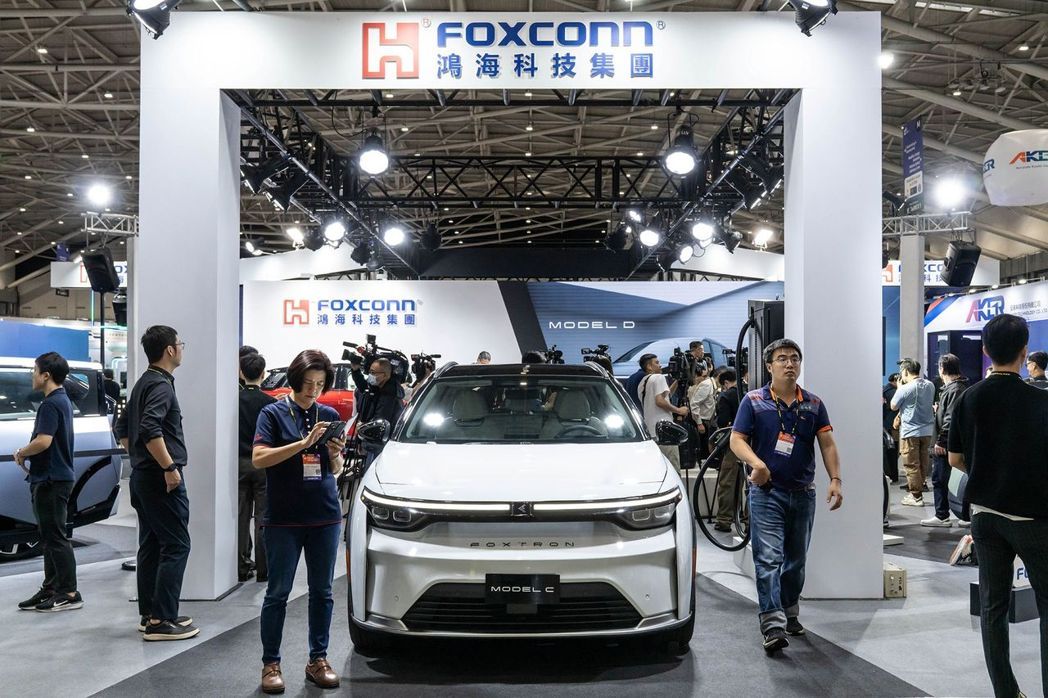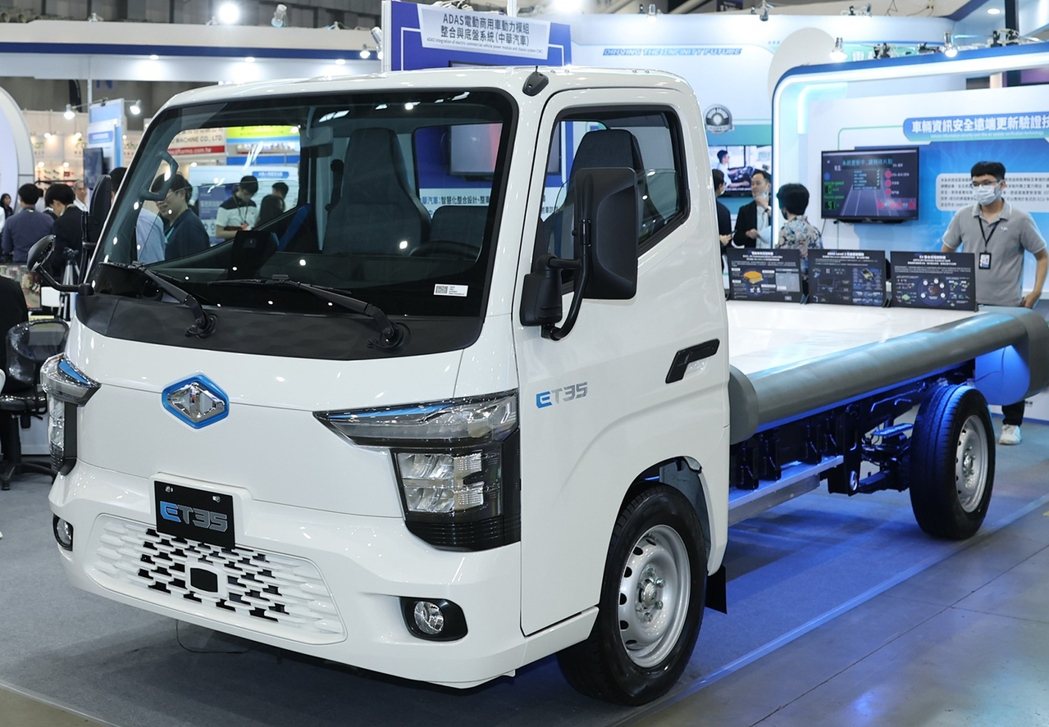Supporting Local R&D to Drive Technological Upgrades: Building Taiwan’s EV Ecosystem for Net-Zero and Global Market Expansion
2025/07/01 | By EDN
To achieve Taiwan’s 2050 net-zero transition goal of “vehicle electrification,” the Ministry of Economic Affairs (MOEA) Industrial Development Administration (IDA) has actively promoted the localization and self-reliance of electric vehicle (EV) technologies. With support from the Industrial Innovation Platform Program, Taiwan successfully assisted Foxtron in launching the nation’s first domestically produced electric passenger car, the Model C (LUXGEN n7). Its sales have nearly rivaled the Tesla Model Y, ranking as Taiwan’s second best-selling EV, with plans for future exports to the US, New Zealand, and Australia. Meanwhile, China Motor Corporation (CMC) has introduced Taiwan’s first domestically produced 3.5-ton electric light truck, featuring 90% local components, and has initiated pilot logistics services. In the electric bus sector, domestic manufacturers have collectively invested over NT$27.5 billion (approx. US$850 million), delivering more than 2,000 city and highway electric buses, marking steady progress in Taiwan’s vehicle electrification.
For electric passenger cars, the IDA has guided local automakers toward domestic production. Notably, Foxtron’s Model C (LUXGEN n7), launched in 2024, features proprietary design, integration with the local supply chain, a large vertical display, and a connected charging platform. Its affordable price and excellent driving experience have driven market success, with 8,796 units registered as of May 2025. The model has secured orders in North America, with export plans to the US, and established a partnership with Mitsubishi Motors to produce and export vehicles from Taiwan to New Zealand and Australia.

In electric light trucks, CMC’s E300 is already in production, with 438 units procured by Chunghwa Telecom and Chunghwa Post for official use. The ET35 model is slated for mass production in Q3 2025, with key components such as motors, drive units, and battery cells all domestically sourced. Four units are already in operation for 24/7 bike-sharing fleet management, expected to reduce carbon emissions by 10-20%. Partnerships with HCT Logistics and other companies are underway for logistics trials, with plans to deploy 30 units for pilot logistics operations next year, and potential collaborations with local governments for use as recycling vehicles.
In electric buses, aligned with the goal of “100% electric city buses by 2030,” the IDA has helped manufacturers master core technologies, including power systems, energy modules, vehicle control units (VCU), and intelligent systems, covering small to large bus types for various route needs. Total industry investment has surpassed NT$27.5 billion (approx. US$850 million). Manufacturers such as Master Transportation Bus Manufacturing, Tangeng Advanced Vehicles, and RAC Electric Vehicles have expanded into markets in the US, Japan, the Middle East, South America, and India. As of April 2025, five manufacturers (Tangeng, Master, RAC, Yulon Motor, and Foxtron) have six models certified by the Ministry of Transportation and Communications for domestic procurement, with 2,073 units in service, raising the electrification rate of city and highway buses to nearly 20%.
In response to external challenges like the US reciprocal tariffs policy, the MOEA continues policy planning and industry dialogue to support transformation. The ministry encourages deeper R&D, industry collaboration, and strengthening of the domestic supply chain’s resilience, aiming to localize EV production and key components. By integrating Taiwan’s ICT strengths and partnering with industry players for global market expansion, Taiwan is building a forward-looking, globally competitive EV ecosystem that aligns with its dual goals of achieving net-zero emissions and capturing international market opportunities.

